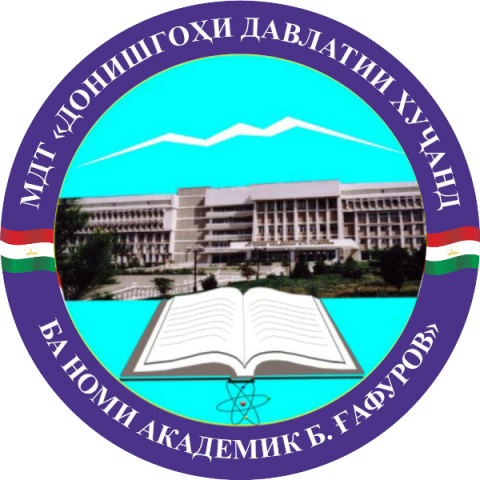2022
PAHLEVI LANDSCAPES OF ETHICAL STANDARDS OF DOMESTIC LITERATURE AND JOURNALISM
 
Authors: Afsahzod Abbosi A╩╝lokhon, candidate of philological science, Associate Professor of department of print media and PR Russian-Tajik Slavonic University (Tajikistan, Dushanbe)
JOURNAL NUMBER: 3(72). YEAR OF ISSUE: 2022.LANGUAGE OF THE ARTICLE: Russian
 
 ANNOTATION
The article dwells on Pahlavi books of edification and the degree of their influence on the creative activity of native writers and journalists. Despite all the historical upheavals, oppression, violence, yoke and extermination of both the people and its shrines and values, it was possible not only to preserve, but also to pass on to their descendants the essence of the eternal demanded humane morality, which has become a role model for many, many peoples of the world, the basis which constitute the written heritage, originating from ancient times. Obviously, most of these surviving works should be considered from two positions - ethical-literary (didactic), and linguistic sides, where one can dwell separately on the study of some features of the elements of artistic thinking. Classifying the books of Pahlavi period according to their focus, the author separately considers the features of edification-andarza and the book of edification-andarznam in the context of the established moral and ethical standards of society and, in particular, journalists of the republic. The author emphasizes that in the ancient Persian edifications, two semantic loads are mainly used: to inform (remind and indicate) and to prescribe or guide, which in turn is very interesting. Moreover, as the analysis shows, literary techniques are actively and quite skillful.
KEY WORDS
ancient literature, cultural heritage, writings, Pahlavi books, edification, national identity, ethics, applied philosophy, morality, literary criticism, linguistics, cultural studies, historiography
 ðÉð¢ð│ð╗ð©ð╣Ðüð║ð©ð╣
ðÉð¢ð│ð╗ð©ð╣Ðüð║ð©ð╣
 ðóð¥ÊÀð©ð║Ëú
ðóð¥ÊÀð©ð║Ëú  ðáÐâÐüÐüð║ð©ð╣
ðáÐâÐüÐüð║ð©ð╣ 
